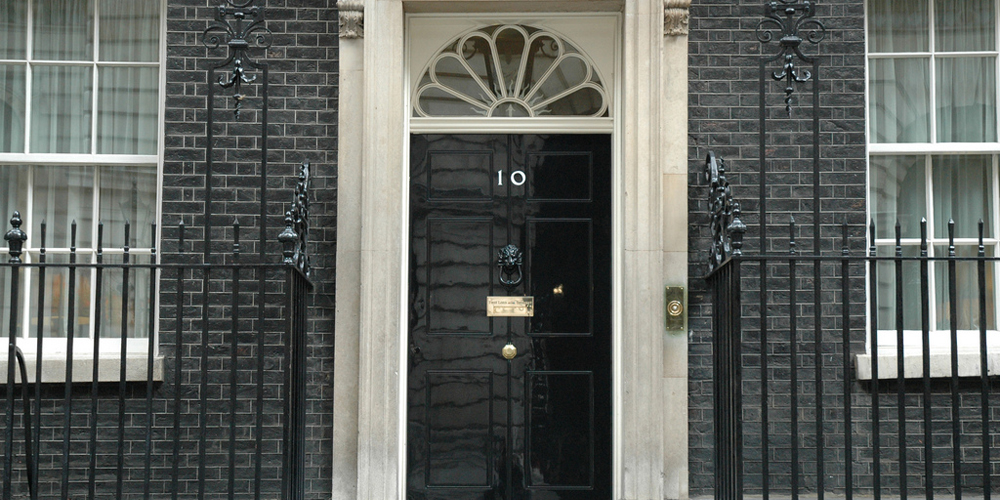An even greater prize
Aside from YouGov, did anyone foresee last week’s election result? Most pollsters were way off the mark, as were the majority of those who placed bets on the outcome. Social media is now awash with spliced clips of Labour grandees...
Aside from YouGov, did anyone foresee last week’s election result? Most pollsters were way off the mark, as were the majority of those who placed bets on the outcome. Social media is now awash with spliced clips of Labour grandees forecasting the party’s demise. Yet they expressed the same level of pessimism as Len Mccluskey, who predicted that 200 parliamentary seats would constitute a “successful campaign” for Labour. Even newspapers which sent journalists across the country to seek a more nuanced understanding of the state of the nation came up short. New Statesman political editor George Eaton dismissed Preet Gill’s chances of election after visiting Birmingham Edgbaston: “when there is a sea change in the nation’s politics, even the best men and women are not spared.” Likewise, John Harris concluded his brilliant Anywhere But Westminster series with a visit to Gateshead. Harris was visibly moved by a Jeremy Corbyn rally, but afterwards worried that Corbyn’s popularity was akin to that of Michael Foot in the run-up to the 1983 election.
The last few weeks were a personal triumph for Corbyn and the campaign will be remembered as one of the most extraordinary in recent history. But the campaign is just that: history. Labour’s task now is to move on from being a barrier to Conservative dominance to presenting itself as a government in waiting. Given his newfound authority within the party, this is a process Corbyn has the power to bring about. And in seeking to do so, he should look outwards – to former enemies within the Labour party, to voters who rejected Labour at this election, and to European leaders who are in a dominant position at the start of the Brexit negotiations.
Offers from high-profile Labour MPs to serve in a reshuffled shadow cabinet should be welcomed with open arms – and by bringing Owen Smith into the fold, Corbyn has shown he is minded to work with former opponents. As the focus of activity shifts to the House of Commons, it is only right that Labour’s best parliamentary performers be promoted from the back benches. Promoting Yvette Cooper, another former leadership rival, would demonstrate Corbyn’s confidence in his own position, and make clear his intention to unite the party.
More important, it would send a powerful signal to the country that Labour is not content simply to put forward popular policies, but seeks to persuade the public it is competent enough to implement them. Corbyn articulated the anti-austerity mood in the country very adeptly, and his team presented a genuinely popular manifesto to challenge the status quo. What remains is to persuade voters that the party can be trusted sufficiently to take a chance on a Corbyn-led government. In time, the return of other big-hitters – Chuka Umunna, Rachel Reeves, Ed Miliband – would reassure those many millions of voters who have not warmed to Corbyn that they should give Labour another hearing, and keep up the pressure on a Conservative party already in disarray.
The main source of the chaos afflicting the Tories is, of course, Brexit. Despite Theresa May’s intransigence, the result has to be seen, at least in part, as the “revenge of the Remainers.” The most damaging version of Brexit, in which Britain would conceivably walk away from the negotiations without securing a trade deal, was offered to the country as justification for the election – and voters rejected it decisively. But while voters spurned May’s version of Brexit, they did not embrace Labour’s. Indeed, advocating for a “jobs-first Brexit” is scarcely more meaningful than insisting, ad infinitum, that “Brexit means Brexit.”
Labour needs to do two things to gain the advantage on the critical issue of the day. First, it should stop treating a trade deal with the EU as a ‘wish list’ and recognise it for what it is: a vastly complex negotiation in which Britain holds even fewer cards today than it did last week. But in contrast to the bluster and belligerence of David Davis, Keir Starmer and Labour’s team should make every effort to treat their EU counterparts not as opponents but as partners, recalling the folly of David Cameron for bringing this situation about in the first place. Second, an openness about the possibility – as acknowledged by French and German leaders – that the British public may want to revisit the question of Brexit will put Labour at a distinct advantage should public opinion shift. Before the election, such a stance might have seemed out of touch; now, it appears to be following the direction of travel.
Labour’s slogan during this most remarkable of campaigns was, ‘For the many, not the few.’ It reflected the party’s willingness to reach out to large and diverse groups of people, to seek a broad-based coalition to challenge the dominant Conservative programme of recent years. By continuing to reach out – to former internal Labour opponents; to voters who considered Labour last week but balked owing to a lack of trust; to EU leaders who are prepared to leave the door open for a reconsideration of Brexit – Jeremy Corbyn could lead Labour to an even greater prize: victory at the next general election.

